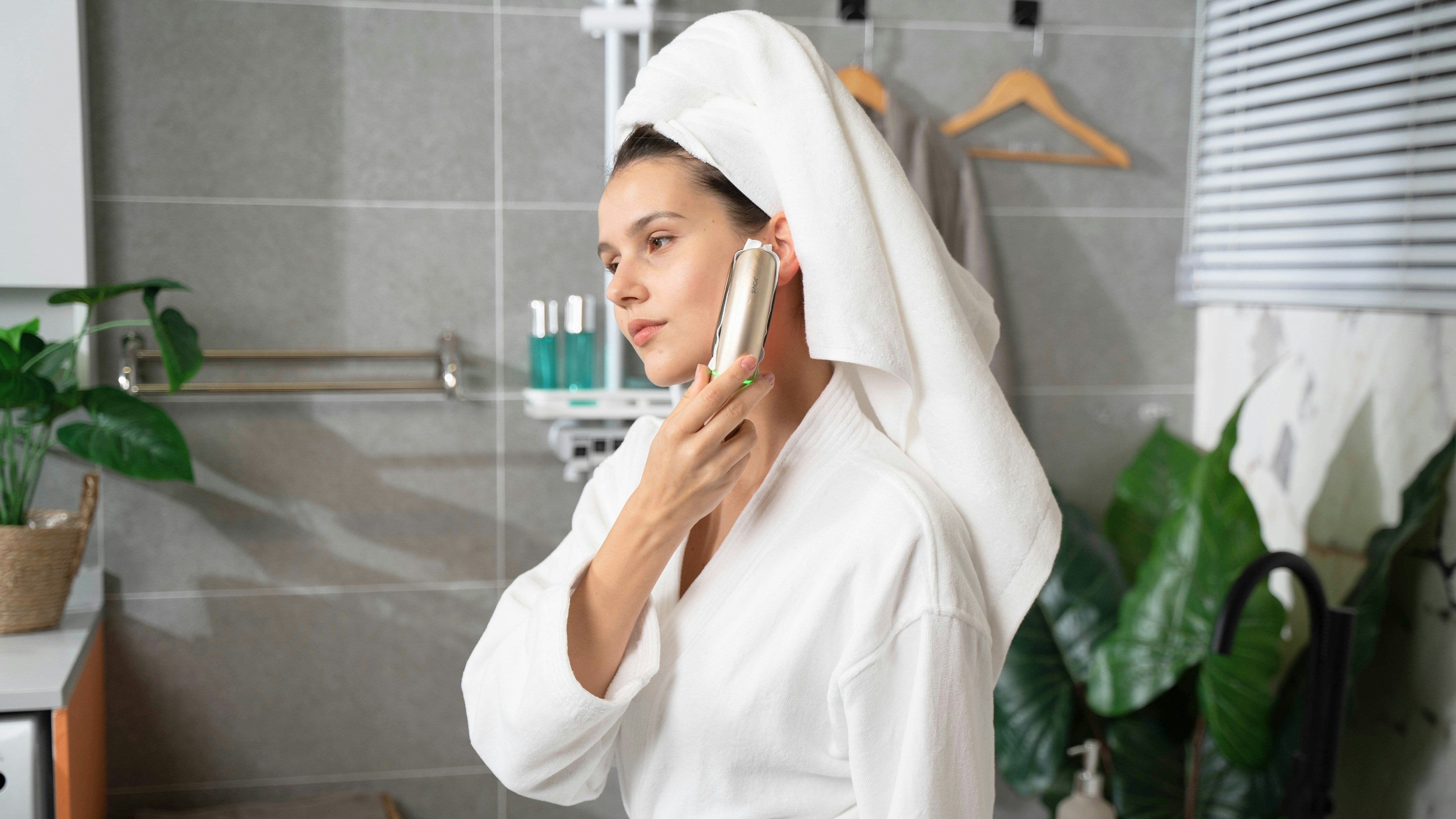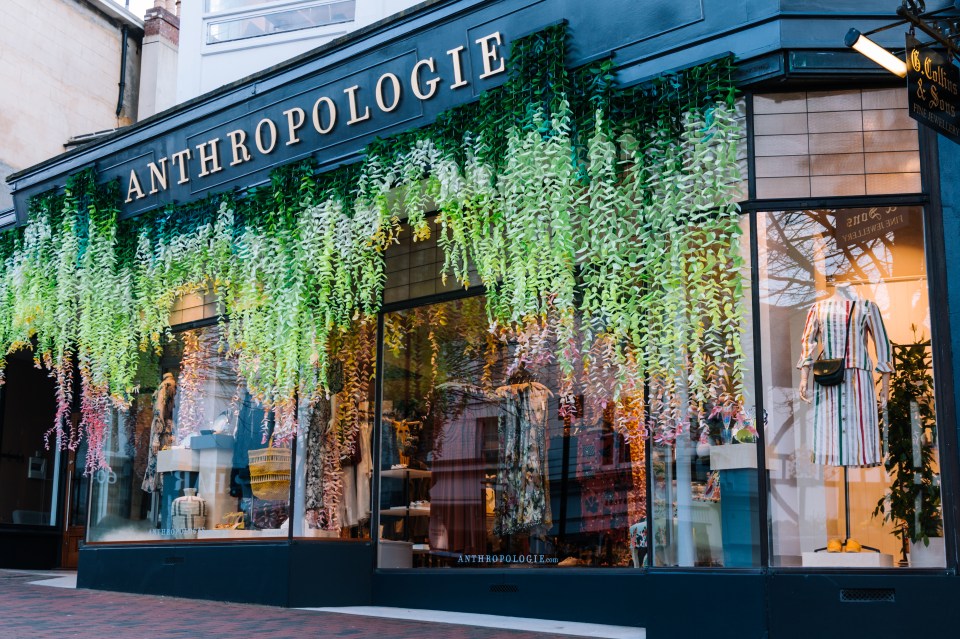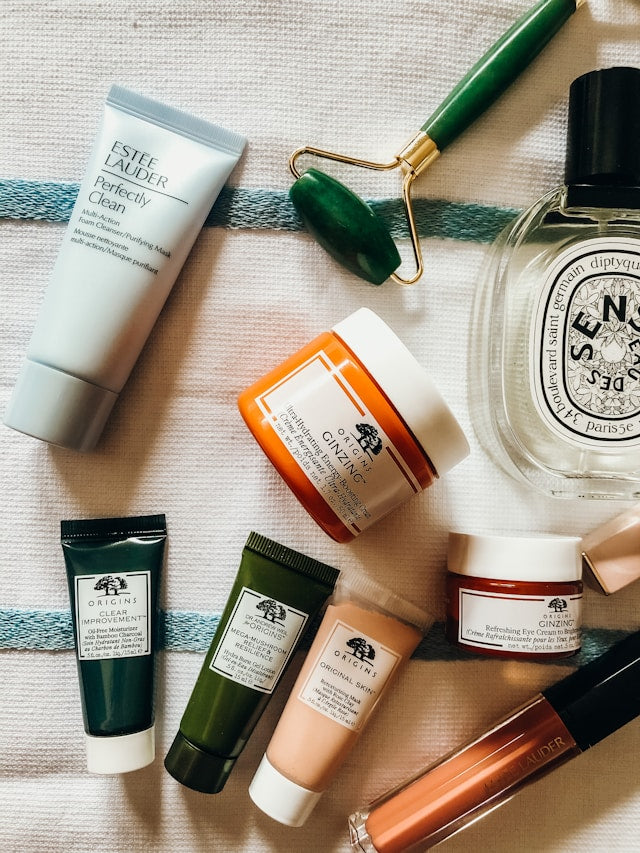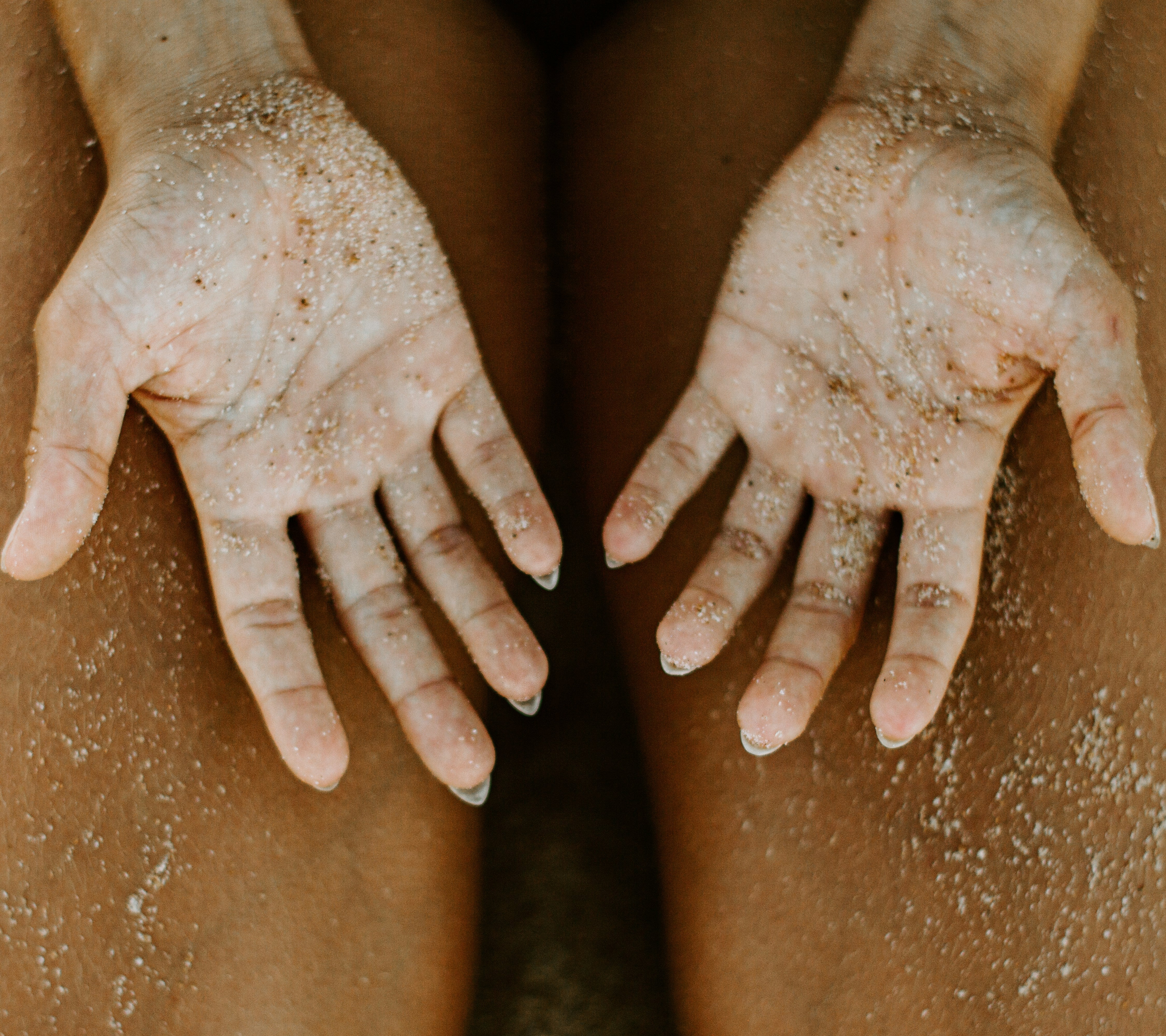Decoding the Buzzwords Behind Fragrance and Beauty Marketing

In today’s beauty landscape, marketing language has become almost as powerful as the products themselves. Words like clean, natural, dermatologist-tested, and clinically proven are designed to build trust, but they often leave consumers more confused than informed.
As a fragrance brand that believes in transparency, we think it’s time to decode what these popular claims really mean, and help you understand how to separate meaningful information from marketing fluff.
The Most Overused Claims in Beauty
1. Dermatologist-Tested / Approved
This one sounds like a seal of approval, but it’s rarely that specific. Sometimes, it simply means a dermatologist tested it once or reviewed the formula. It doesn’t always imply rigorous testing or endorsement.
2. Patented Formula
A patent can refer to something as small as an ingredient blend or delivery system, not necessarily the entire formula. It sounds innovative, but not every “patented” claim equals breakthrough science.
3. Clean, Natural, and Organic
“Clean” and “natural” are emotionally charged words. The truth is, these terms aren’t regulated, so every brand defines them differently. Natural doesn’t always mean safer, and synthetic doesn’t always mean harmful.
4. Clinically Proven
This one appears on everything from serums to perfumes. But here’s the truth: not all “clinical” studies are equal. Some are conducted in-house, with small sample sizes or limited time frames. The phrase doesn’t always mean third-party or peer-reviewed.
5. Sustainable and Zero Waste
While sustainability is essential, these terms can be overused when they aren’t backed by verifiable practices. Real sustainability is measurable from sourcing to packaging to post-use impact.
6. Anti-Aging and Age-Defying
These phrases are often vague and difficult to measure. What exactly is being “defied”? While the sentiment appeals to hope, results should always be clearly defined and evidence-based.
Why These Claims Matter
There’s no question that marketing shapes how consumers buy. But when buzzwords are used without context, they blur the line between education and persuasion. Over time, this erodes trust — something luxury and indie brands alike can’t afford to lose.
The challenge for beauty brands now is to balance aspiration with authenticity. Consumers are smarter, more curious, and less patient with vague claims than ever before.
What Brands Can Do Better
-
Define your terms. If you use “sustainable,” explain what makes your product sustainable.
-
Provide context. Share the how and why behind your ingredients or testing methods.
-
Be transparent about trade-offs. If you use synthetics for safety or stability, say so.
-
Educate, don’t exaggerate. When you teach your customer, you build trust — and trust is the new luxury.
At MAIR, we believe that fragrance marketing should be just as thoughtful as formulation. Transparency isn’t a trend; it’s a standard.
If you enjoyed this read, explore our related posts on Why Perfume Smells Different on You Than It Does on Others and 5 Reasons Why Perfume Doesn’t Last on You—and How to Fix It.



